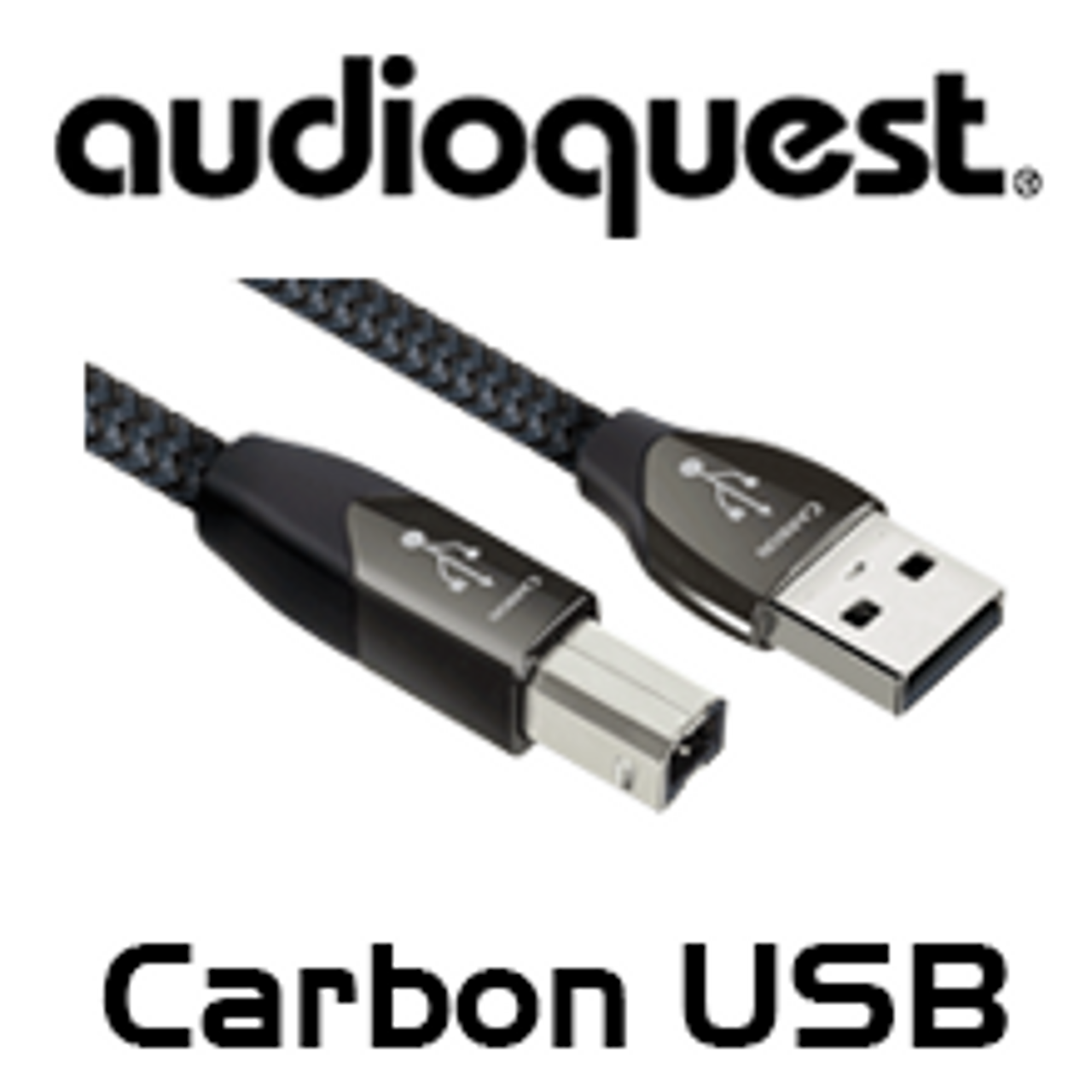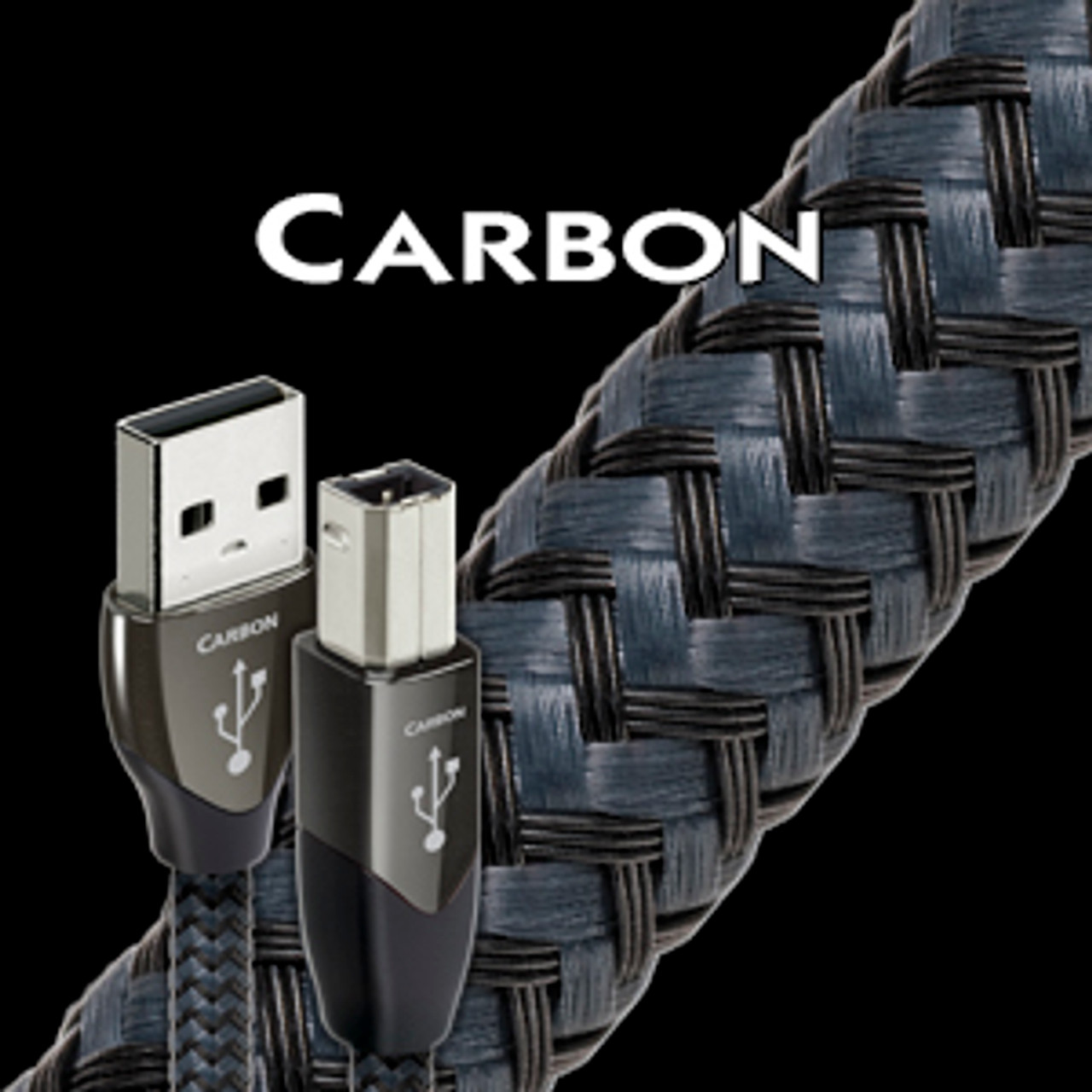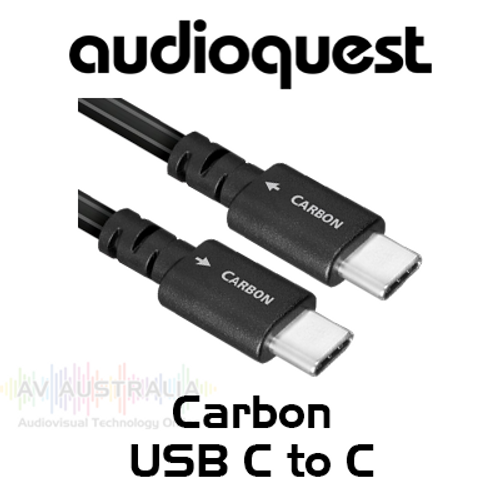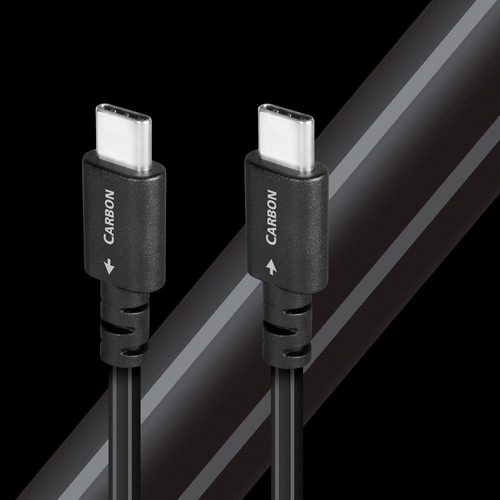Product Description
Key Features
• Solid 5% Silver conductors
• Direct-Silver plated terminations
• Foamed Polyethylene insulation
• Carbon-Based 3-Layer Noise-Dissipation System (NDS)
• Black/Gray Braid jacket
• Digital audio conductors controlled for direction
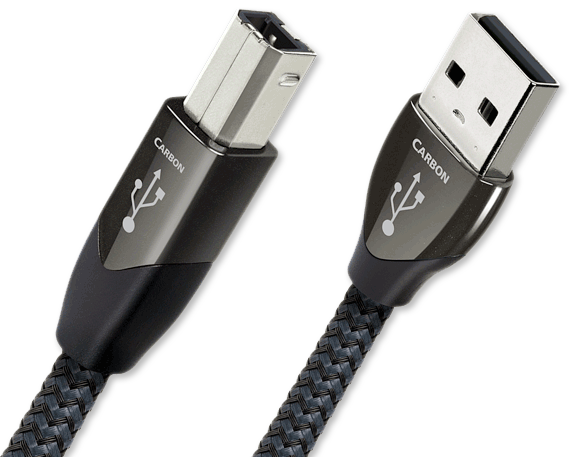
Solid 5% Silver Conductors
Solid conductors eliminate strand-interaction distortion and reduce jitter. Solid silver-plated conductors are excellent for very high-frequency applications, like USB audio. These signals, being such a high frequency, travel almost exclusively on the surface of the conductor. As the surface is made of high-purity silver, the performance is very close to that of a solid silver cable, but priced much closer to solid copper cable. This is an incredibly cost effective way of manufacturing very high-quality USB cables.
Foamed Polyethylene Insulation
Any solid material adjacent to a conductor is actually part of an imperfect circuit. Wire insulation and circuit board materials all absorb energy (loss). Some of this energy is stored and then released as distortion. Carbon USB uses air-filled Foamed-Polyethylene Insulation because air absorbs next to no energy and Polyethylene is low-loss and has a benign distortion profile. Thanks to all the air in Foamed-PE, it causes much less of the out-of-focus effect common to other materials.
Carbon-Based 3-Layer Noise-Dissipation System (NDS)
100% shield coverage is easy. Preventing captured RF Interference from modulating the equipment’s ground reference requires AQ’s Noise-Dissipation System. Metal and Carbon-Loaded synthetics prevent most RFI from reaching the equipment’s ground plane.
Terminations
Precision direct-silver plated pins are carefully attached with the very best solder. Through choice of flux and metallurgy, AQ solder has been optimized to make a low-distortion connection. The difference you hear between solders is a result of connection quality. AQ Solder does not have a high silver content because the more silver there is in solder, the more difficult it is to make a good connection.
Universal Serial Bus Device Class Definition for Audio Devices
USB (Universal Serial BUS) was established by a stalwart group of companies such as Intel, Hewlett-Packard, and Microsoft (just to name a few) in order to give the personal computing world a truly universal standard and means to connect devices such as hard drives, printers, cameras, and, more importantly to us, audio components. Included in the original description are protocols for the pristine transfer of audio over USB. Great care and sensitivity went into this. Consequently, a computer connected to a USB-enabled digital-to-analog converter can outperform the best compact disc players available today. AudioQuest is committed to contributing products that honor USB’s ability to deliver state-of-the-art performance on this new and wonderful frontier.

